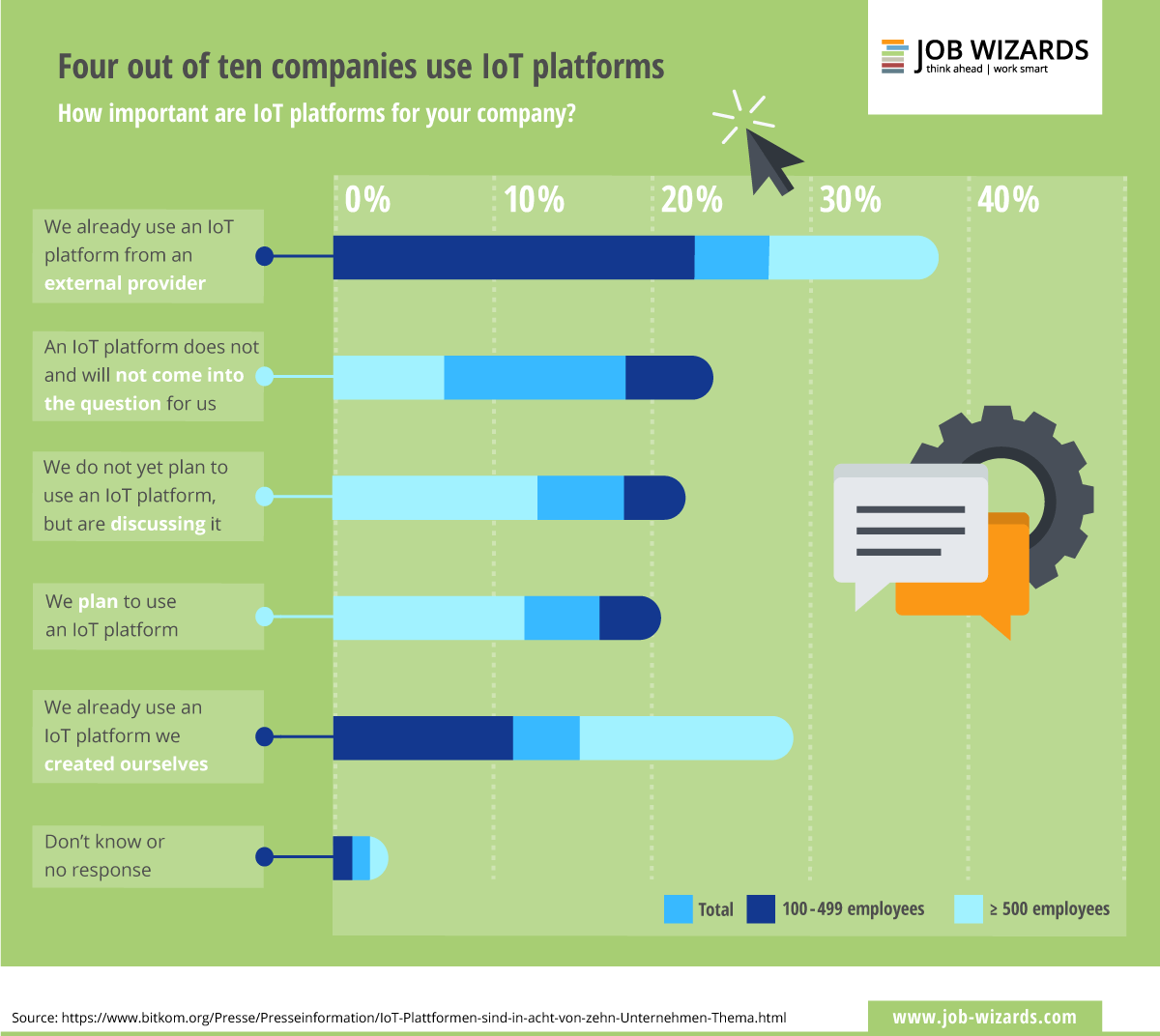Another example from the world of agriculture, also in Massachusetts, USA, are the winegrowers of Salt Creek Vineyard, near South Dartmore, on the coast opposite the famous island Martha’s Vineyard.
Winegrowers are at the mercy of their capital, the vines, the weather and natural climatic conditions. They therefore need highly individualised microclimate forecasts to precisely manage their irrigation. The five vineyards at Salt Creek Vineyard may be located close to one another, but they are subject to three microclimates. Major temperature differences, light, wind, the influence of the Atlantic – which crashes against the coast just three miles away – all of that requires individual care. That is why sensors on-site deliver sophisticated data on the specific weather conditions – sometimes blazing sunshine in one spot and simultaneously coastal fog in another. The learning IoT platform adjusts the irrigation accordingly, without a winegrower having to take action. The system runs and acts independently, from the collection and analysis of the data to the correct conclusions and active reactions. This is the Internet of Things providing the perfect grape for a better wine!
To delve deeper into the world of the modern winemaking craft, we recommend the Job Wizards article (Link:) ‘ A toast to the digital transformation of the renewed winegrowing industry’
As you can see, the possibilities for the use of IoT platforms are far from restricted to the world of industrial production and office communications. Chris Rezendes, founder and managing director of Impact Labs, which looks after Quansett Nurseries and Salt Creek Vineyard, counters nervousness around the subject: ‘Don’t let the buzzword “IoT” intimidate you. Essentially, IoT simply means recording by digital devices. If you use sensors, you are already halfway there.’
The computing networkers from Maincubes One held a specialist conference entitled ‘How small and medium-sized enterprises and IoT can come together securely’ in September 2018. In Offenbach, near Frankfurt am Main, the sector discussed the subject of the Internet of Things. The focus was on digital factories, secure payment systems, secure mobility and the smart city. Prof. Dr. Thomas Bauernhansl from the Fraunhofer Institut said the following in his keynote speech: ‘Platforms will function as enablers for a new automation architecture, with the aim of creating an operating system for almost entirely autonomous systems.’
A representative survey by Bitkom, the German Federal Association for IT, Telecommunications and New Media, of 533 German companies revealed that 43% of German industrial companies already use an IoT platform.
The times when small and medium-sized companies would, due to cost reasons, only closely monitor the activities of the big players and then carefully follow suit are in the past. The speed of innovation in the Internet of Things is high and increasing. Waiting is unlikely to be the right tactic. Right now, for SMEs to survive they need to get on board, stick with it and adjust things to their own requirements during operation.




